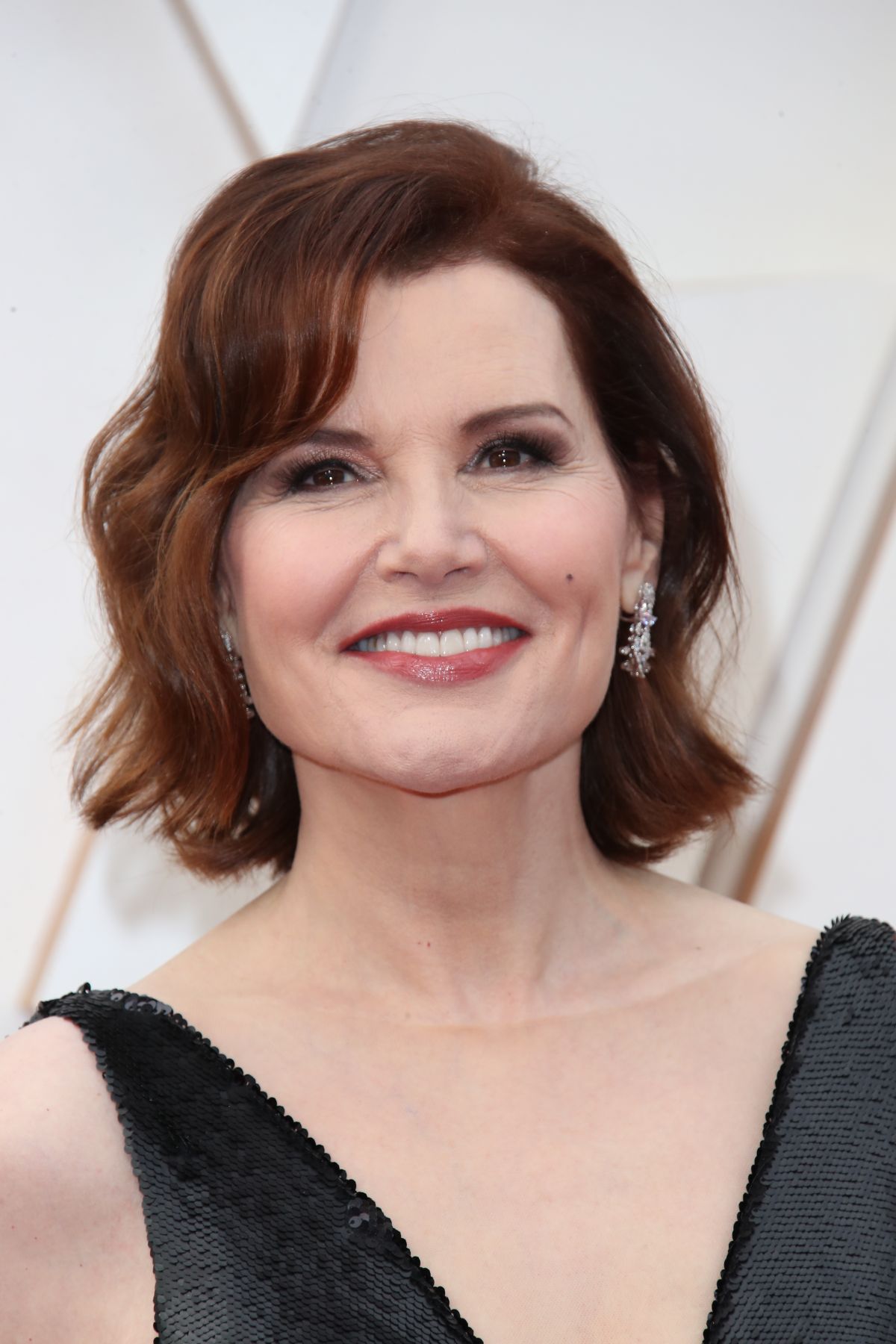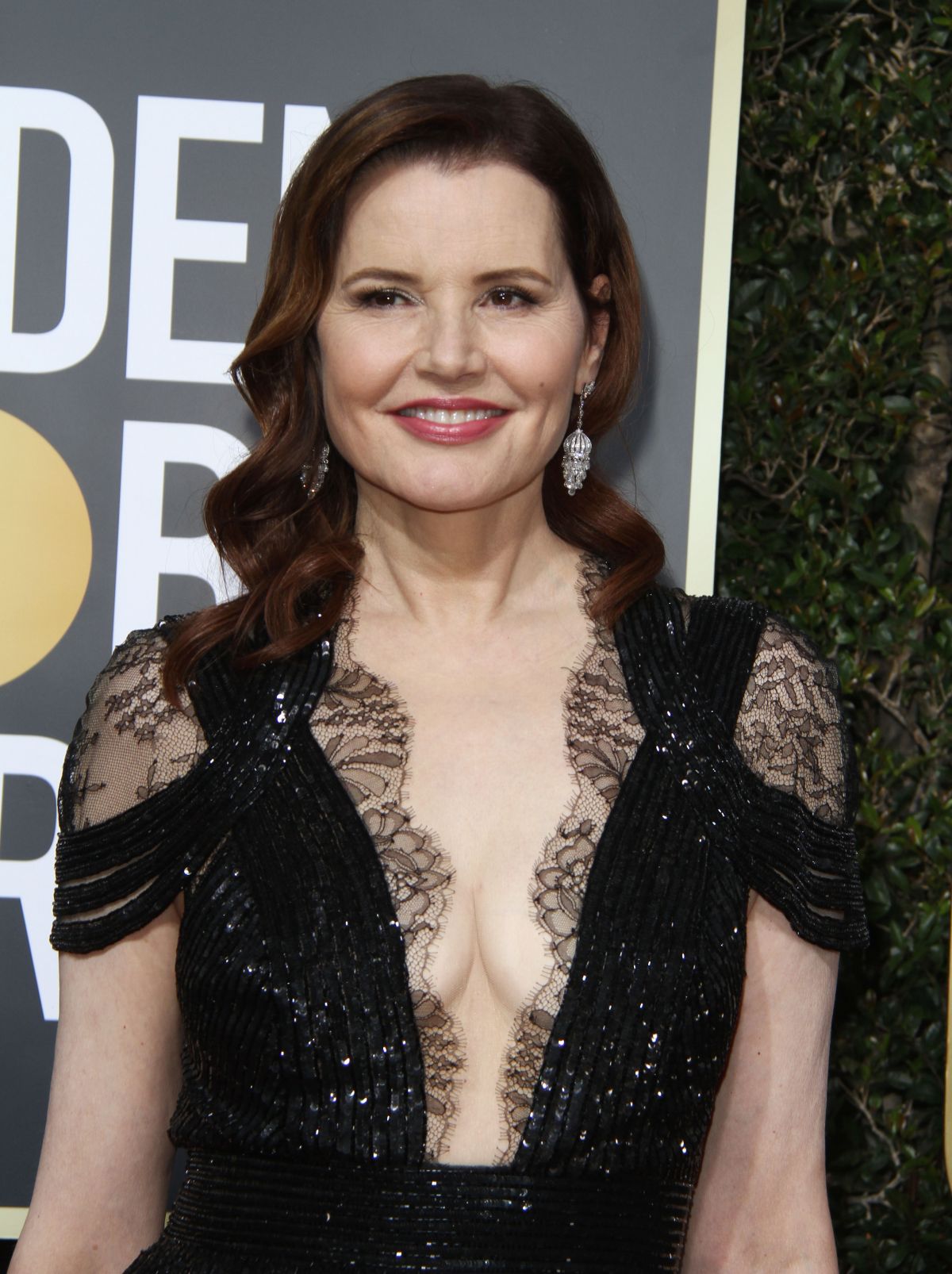Is Hollywood ready for a reckoning? Bill Murray's response to Geena Davis' allegations of inappropriate behavior, calling them outrageous, ignites a conversation that extends far beyond a single incident, touching on the very fabric of power dynamics and accountability within the entertainment industry.
The recent resurgence of discussions surrounding alleged misconduct on film sets has cast a long shadow, forcing a critical re-evaluation of past behaviors and practices. The core of the issue lies not just in specific accusations but in the broader environment that potentially allowed such incidents to occur and, arguably, to persist for so long. The allegations, particularly those leveled against prominent figures like Bill Murray, have reopened wounds and ignited passionate debate about the industry's responsibility in fostering a safe and equitable workplace. The response from those accused, as well as the industry at large, will continue to be scrutinized. These situations beg the question: Are the stated commitments to reform translating into tangible change, or are they merely lip service in the face of sustained pressure?
| Attribute | Details |
|---|---|
| Full Name | Virginia Elizabeth Geena Davis |
| Born | January 21, 1956 (age 68) |
| Birthplace | Wareham, Massachusetts, U.S. |
| Height | 6 ft 0 in (1.83 m) |
| Occupation | Actress, producer, writer, model, and activist |
| Years Active | 1982–present |
| Known For |
|
| Awards |
|
| Activism | Founder of the Geena Davis Institute on Gender in Media |
| Website | Geena Davis Institute on Gender in Media |
Geena Davis, an Academy Award winner herself, has become a prominent voice advocating for gender equality and representation in media. Her work through the Geena Davis Institute on Gender in Media has shed light on the pervasive underrepresentation and misrepresentation of women in film and television. By analyzing data and highlighting the disparities that exist, the institute aims to influence content creators and industry leaders, prompting them to re-evaluate their practices and create more inclusive narratives. The actress has been vocal about the need for systemic changes, advocating for a more equitable playing field where women are not only seen more often but also portrayed with greater depth and complexity.
The Bentonville Film Festival, chaired by Davis, further amplifies this commitment by showcasing films and content that celebrate diversity and amplify underrepresented voices. This annual event provides a platform for filmmakers and storytellers who are often marginalized within the mainstream industry. The festival’s existence underscores a growing movement towards inclusivity in film, offering a tangible alternative to traditional industry standards. The festival supports the narratives that can shift perceptions and challenge the status quo.
Davis’s approach, as outlined in conversations with media outlets like Oprah, often revolves around practical strategies for change. She often suggests that concrete steps can be taken in the early stages of project development. Changing character names to reflect more diverse representation is a pragmatic example, demonstrating that even small adjustments can have a significant impact. This strategy is founded on the data she continually presents, revealing how the consistent lack of female characters in family-rated films can subconsciously condition children from a young age. This reinforces the importance of visual representation as a powerful tool for shaping societal perceptions.
The 'Failure Throwback' podcast, where Davis discusses her career and experiences, provides additional context to the complex realities of navigating the industry. It highlights how, even for a successful actor, the journey is filled with challenges, setbacks, and the need for constant adaptation. The podcast also touches on the nuances of the #MeToo movement, highlighting the intricacies of the current media landscape. These conversations humanize the issues and offer a more comprehensive look at the industry.
The allegations of misconduct and the subsequent responses within the entertainment industry are not isolated incidents. They serve as a critical juncture, forcing a confrontation with long-standing issues of power, equity, and accountability. The conversations triggered by these events have the potential to trigger lasting change. The industry's willingness to openly address these matters, along with the implementation of concrete changes, will determine whether the current moment signifies genuine reform. As the debate continues, the focus must remain firmly on creating environments where everyone, regardless of gender or status, can work safely and be treated with respect.

/geena-davis-1-cfe6a6d6245d45a3a9d689adff2ea4e0.jpg)

